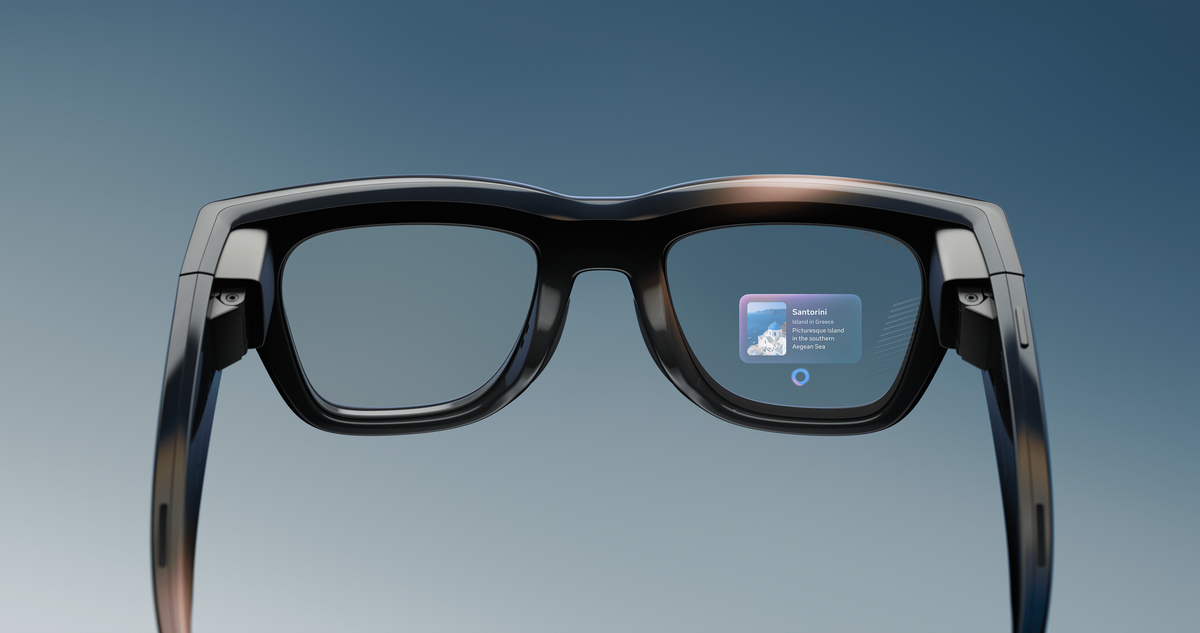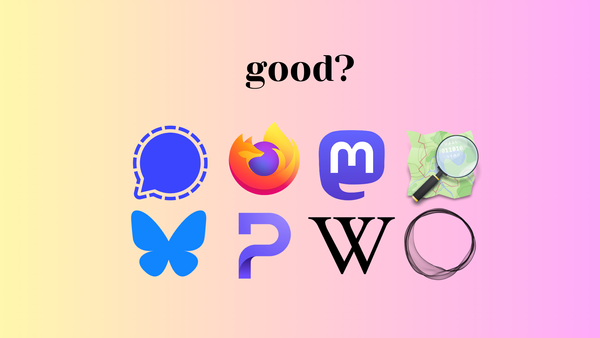Smart Glasses Are Real

After Meta revealed their new Ray Ban Displays I've been further convinced that smart glasses will be the next device category to become a part of our daily life.
The tech industry has been in search of the next platform for a long time, and every attempt has failed. This time it feels real though. Previous attempts at new platforms life VR, chatbots, the metaverse (whatever that really was), or cryptocurrency all failed for obvious fundamental reasons.
Smart glasses are different. They're the ultimate form factor for receiving digital content in the real world. Why hold up a screen when you can have it beamed in front of your eyes and still interact with the world around you?
The Tech
Google tried it way back in 2012 with Glass. It failed, but if you look back at the video "demo" they released it's still a compelling vision.
The issue was that the hardware just wasn't ready yet, so they couldn't actually execute what was portrayed in the video.
But today the hardware exists. The Meta Ray Ban Displays are not much bulkier than regular sunglasses while still featuring a bright display. And Meta isn't even a company known for their hardware design.
This space seems prime for the kind of iteration we saw in smartphones when they were first launched. In a few years we can have better displays, smaller hardware, and better batteries. Nothing has to go from 0 to 1 anymore.
There are already rumours of Apple launching their version in the next year or two. I'm sure we'll see Samsung and Google follow shortly after. Google even demoed one earlier this year. I think it's only a matter of time before there are lots of reasonably priced options from major manufacturers.
The Platform
The key to a new platform though is the new software it can enable. So many existing categories of software can be improved by simply being on smart glasses. Navigation is immediately better. Notifications are better. Translations are better.
It's similar to the way lots of software was immediately better when ported to a smartphone. Sharing photos online was better. Navigation was better. Messaging was better.
What existing software could be disrupted if designed natively for smart glasses? How can you use the unique aspects of the hardware to create experiences that couldn't exist on a smartphone or PC?
I think there are lots of exciting answers to those questions. And it could lead to another gold rush of apps and new companies being formed.
Will it be as big as the smartphone was? I don't think so. I don't see everyone and their grandma having smart glasses in the next decade. But I do think it's a bigger market than smartwatches have been. Maybe even tablets too.
This time, Big Tech might really be onto something.




